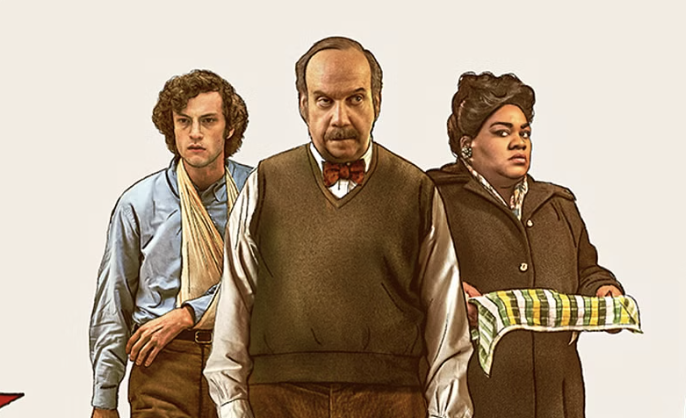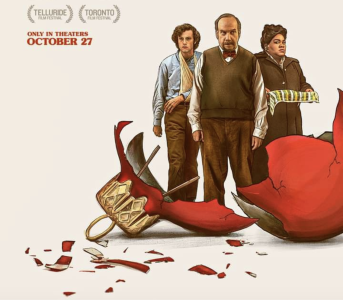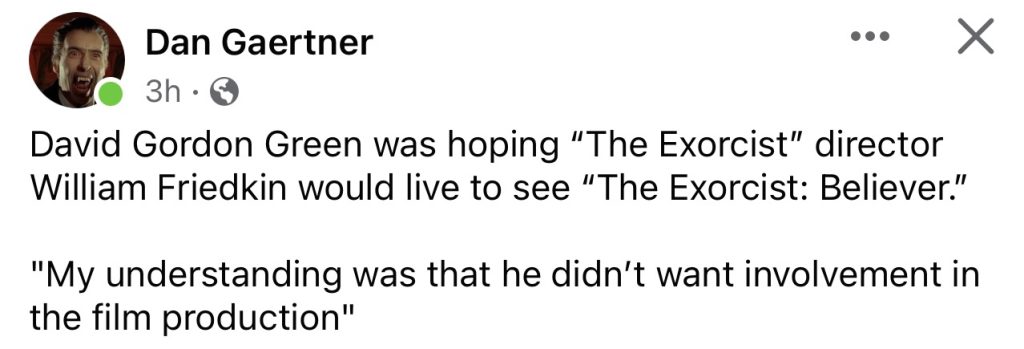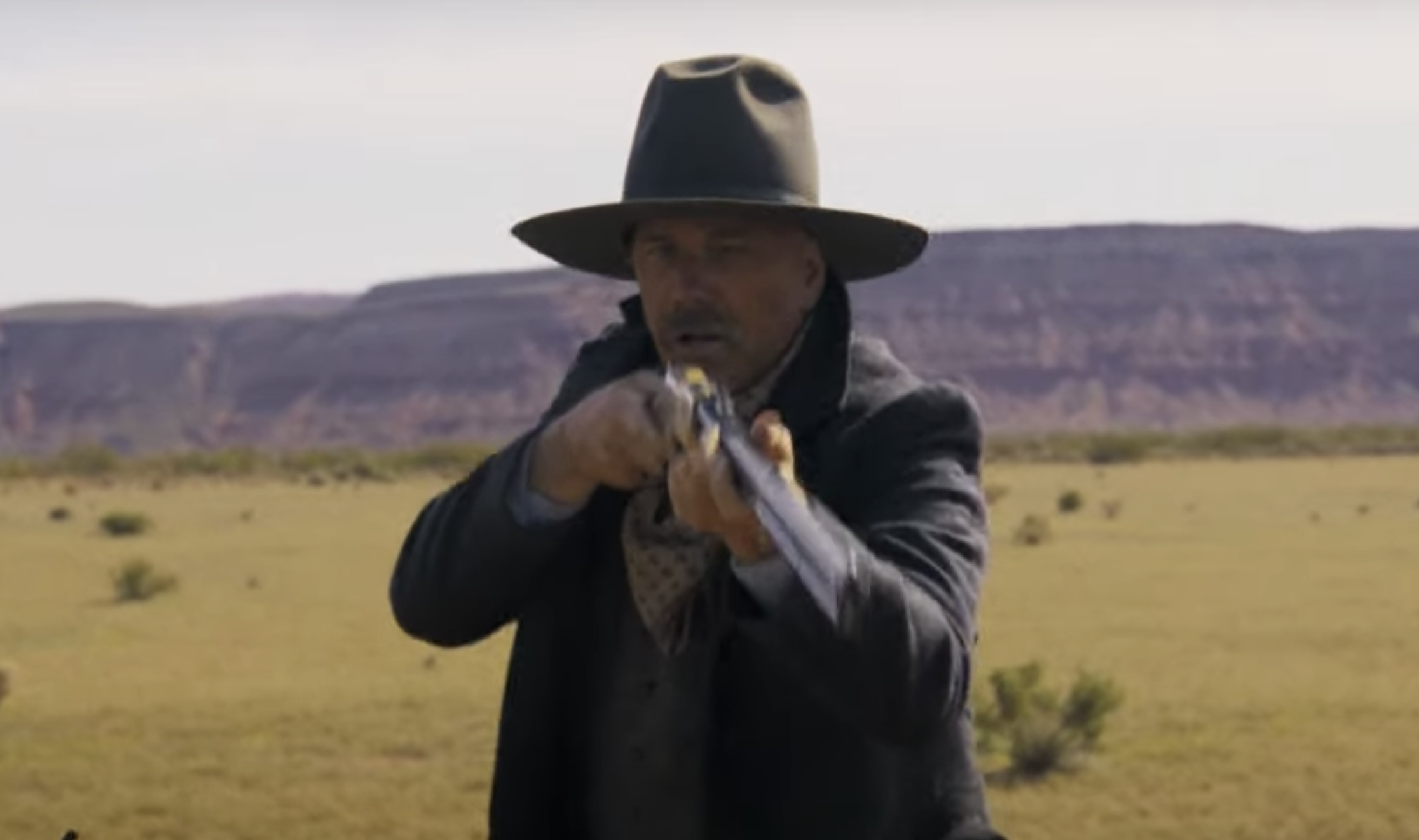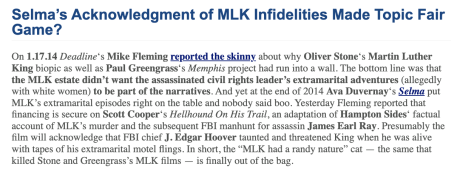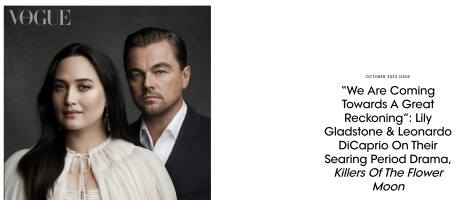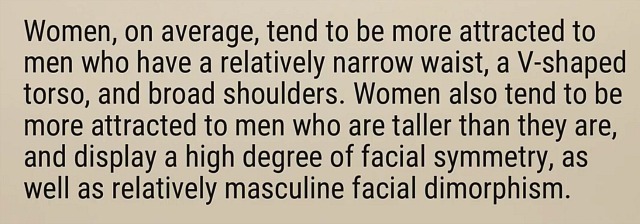HE-posted on 7.31.17: I’ve never called Somewhere In Time a great or even a top-tier film, but it did develop a cult following about a decade after it opened, and it has — or more accurately had — one of the most beautifully executed single-shot closing sequences in a romantic film that I’ve ever seen, and one that almost certainly influenced the dream-death finale in James Cameron‘s Titanic.
I’m speaking of a longish, ambitiously choreographed, deeply moving tracking shot that’s meant to show the viewer what Reeve’s character, Richard Collier, is experiencing on his passage from life into death. I saw it at a long-lead Manhattan screening of Somewhere in Time 37 years ago, but no one has seen it since.
That’s because some psychopathic Universal exec (or execs) had the sequence cut down and re-edited with dissolves. The version I saw allegedly no longer exists. All that remains today is the abridged version.
The sequence was a single-take extravaganza accomplished with a combination crane and dolly. It happened as Reeve’s character, Richard Collier, is dying on a bed in a Mackinac Island Grand Hotel room. His spirit (i.e., the camera) rises up and above his body, and then turns and floats out the hotel-room window and into a long, brightly-lighted hallway and gradually into the waiting embrace of Collier’s yesteryear lover, Elise McKenna (Jane Seymour).
I asked about this sequence when I happened to run into Somewhere in Time cinematographer Isadore Mankofsky at the 2004 Newport Beach Film Festival. I told him how much I admired it, etc. Mankofsky said that as the film was about to be released some executive at Universal decided that the shot went on too long and trimmed it with a couple of fade-edits.
This was vandalism, pure and simple. The people who caused this sequence to be destroyed should be identified and shamed and if possible pilloried in front of Universal Studios.
Mankofsky told me that as far as he knew the original cut of this closing sequence no longer exists, but he wasn’t entirely sure.

